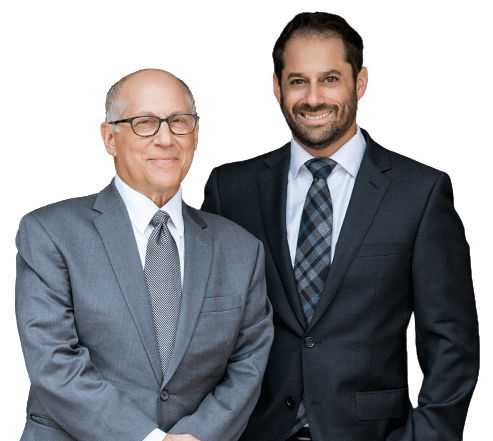
In the past, we’ve written about whether or not independent contractors can file a workers’ compensation claim. As a follow-up piece, we are diving deeper into the differences between independent contractors and employees so you can more easily determine if you qualify for workers’ compensation.
Under Ohio’s workers’ compensation laws, there is a checklist of criteria that helps define your employment status as an independent contractor or employee. The statute states that if the employer controls the “method and means” of doing the work, you are not considered an independent contractor.
The method and means include the following factors, all which are covered within the checklist:
- Does the employer supply the materials?
- Does the employer tell you what time to show up?
- Will the employer fire you for not showing up?
- Are you paid hourly or by the job?
For example, if you bring your own tool belt and are asked to just generally complete a job for a set amount of money, you most likely are an independent contractor. However, there are always exceptions and unusual circumstances, which is why it is best to contact an attorney to determine your employment status.
Roofing and landscaping companies are typically the worst offenders of misclassifying independent contractors. Because they have the highest premium ratings due to work injuries, roofing and landscaping companies try to protect themselves by incorrectly classifying employees as independent contractors.
If you’ve been told that you’re an independent contractor and were hurt on the job, contact an attorney to help determine whether that is accurate in the eyes of the law.
The workers’ compensation attorneys at Bentoff & Duber can listen to your situation, help walk you through the method and means checklist and determine what your next course of action should be. 216-861-1234 or submit a contact form for a free consolation.
About the author: Brandon Duber, a Partner with Bentoff & Duber Co., LPA, is a lawyer with proven experience in the courtroom and expertise in the areas of workers’ compensation, criminal defense, personal injury and medical malpractice law. He received his B.A. from Skidmore College in Saratoga Springs, NY and his J.D. from The Case Western Reserve University School of Law in Cleveland, OH.

